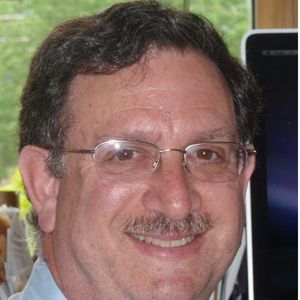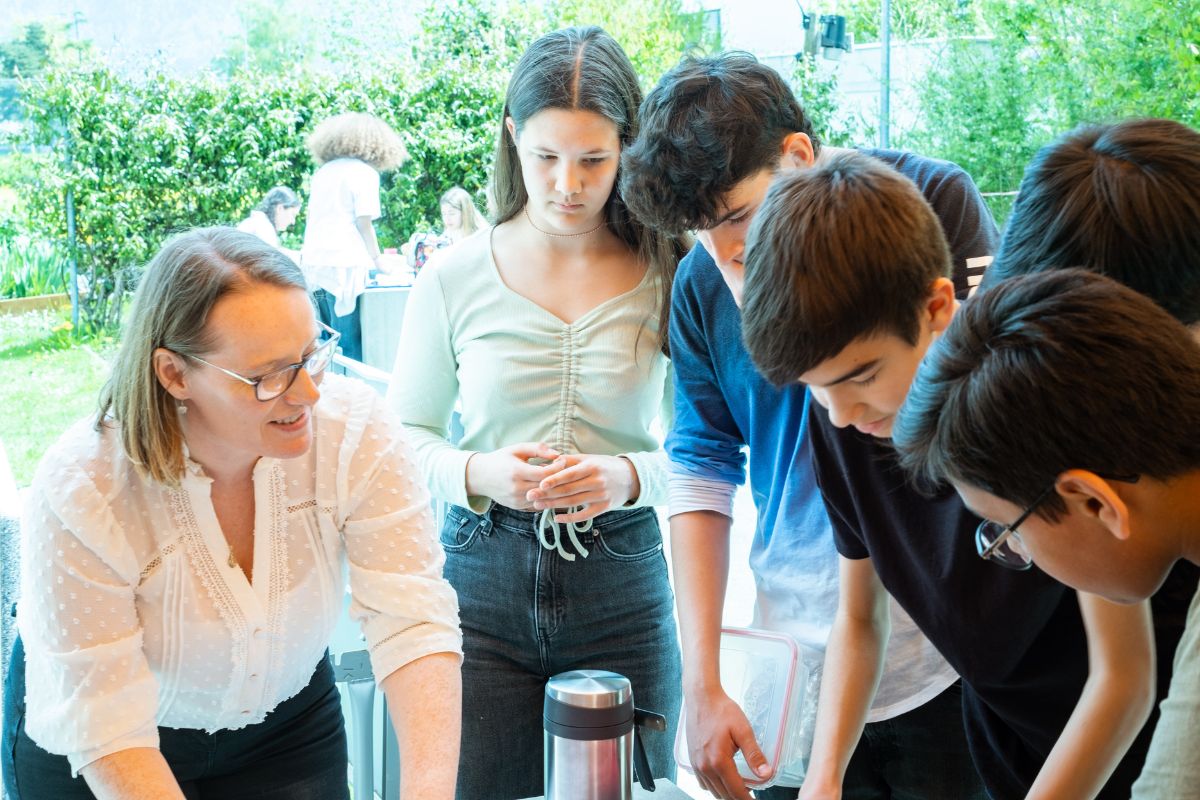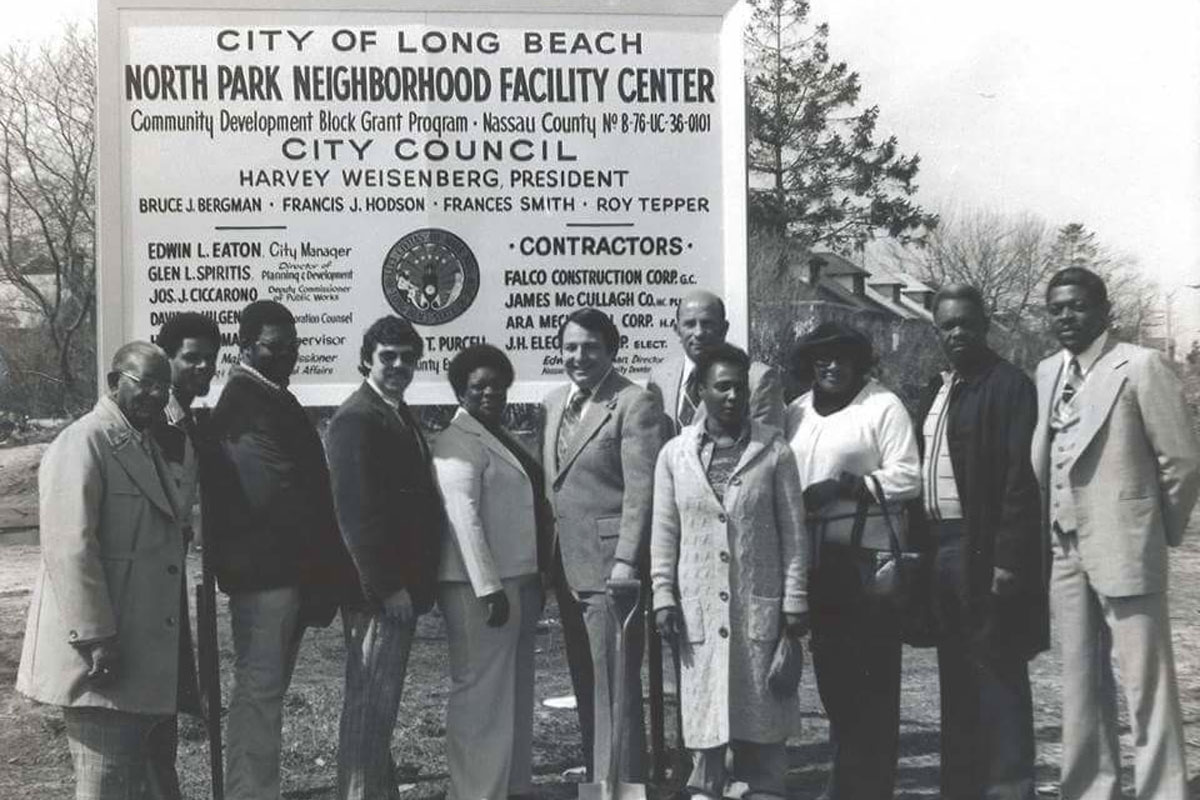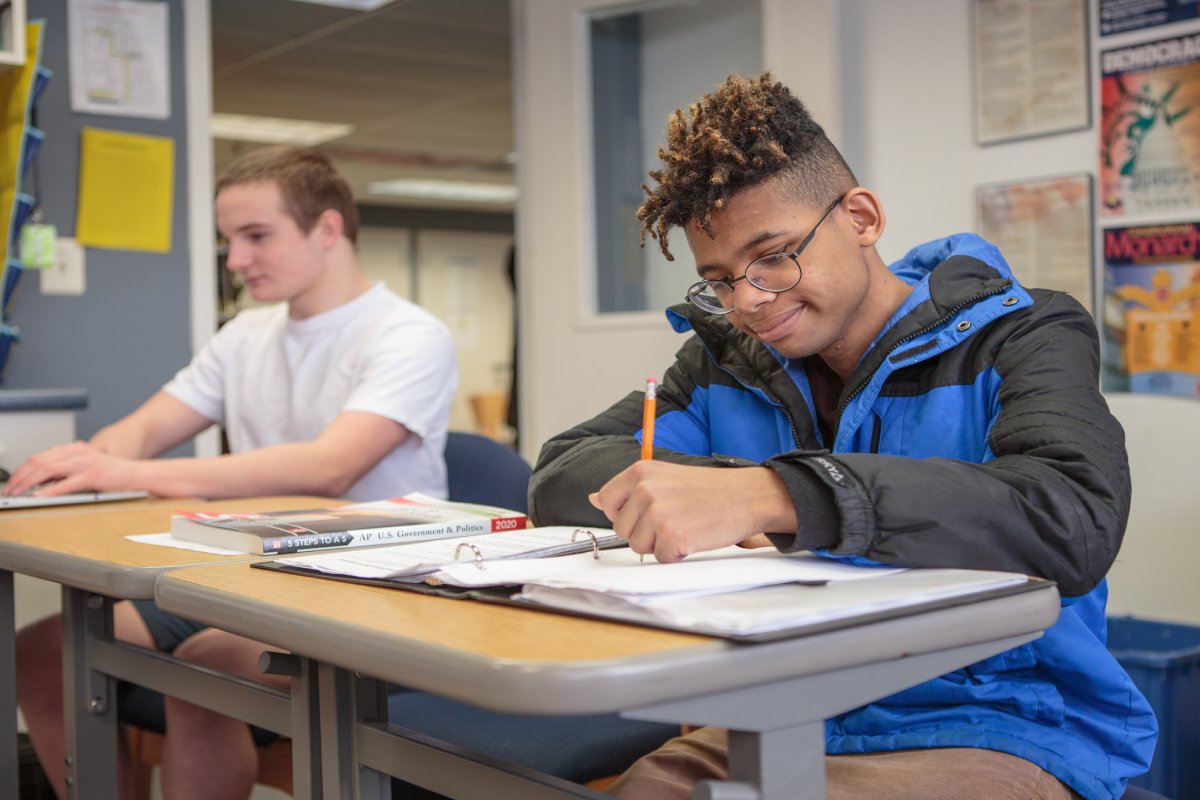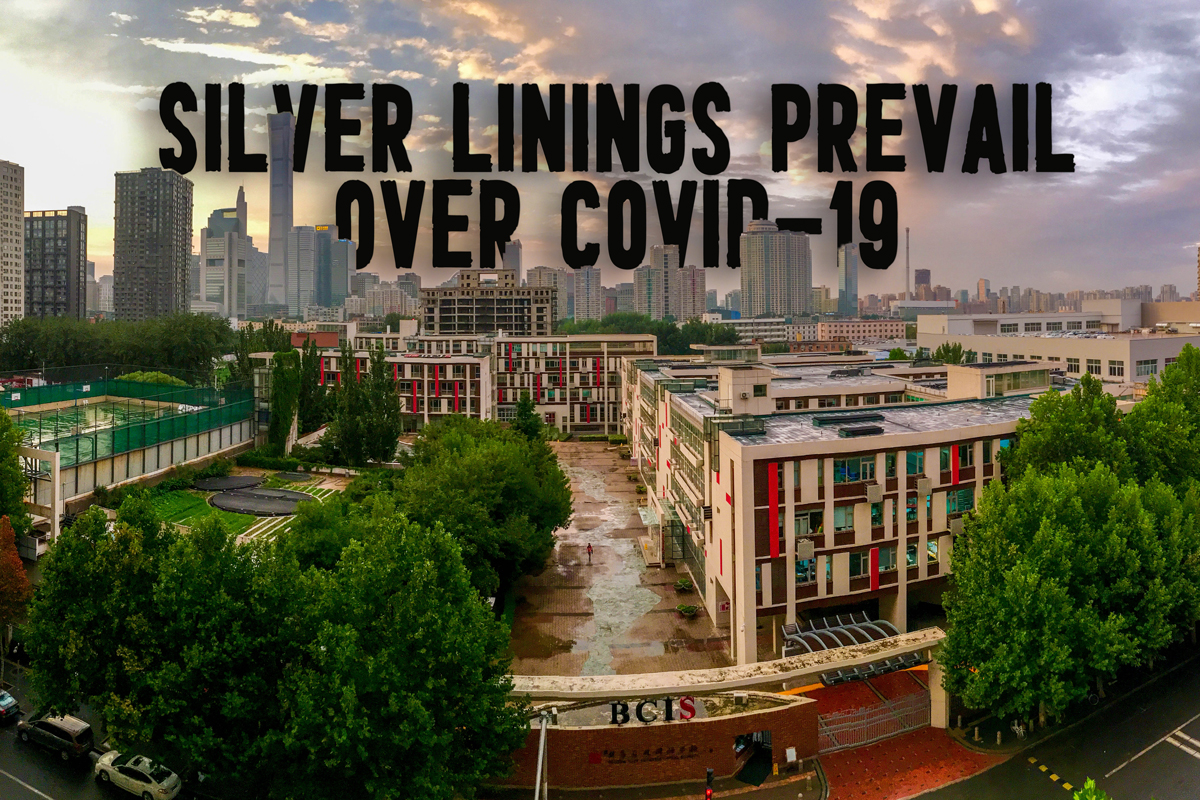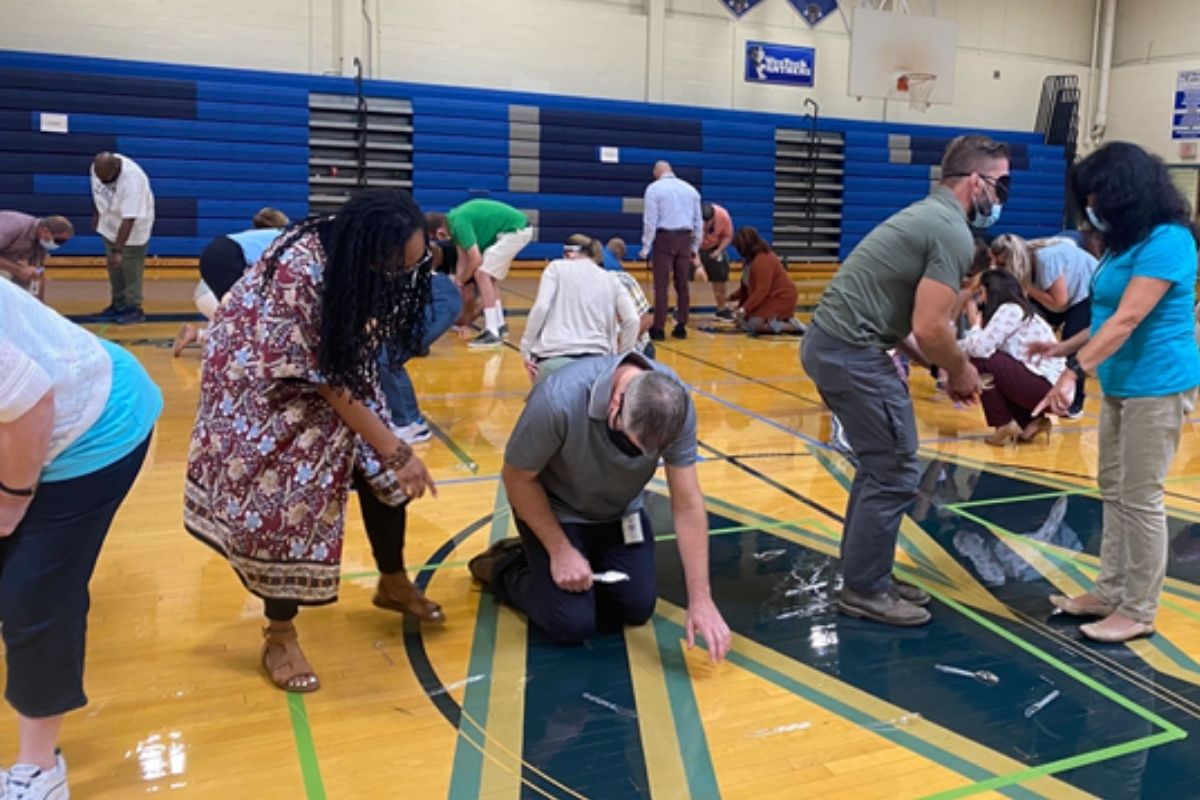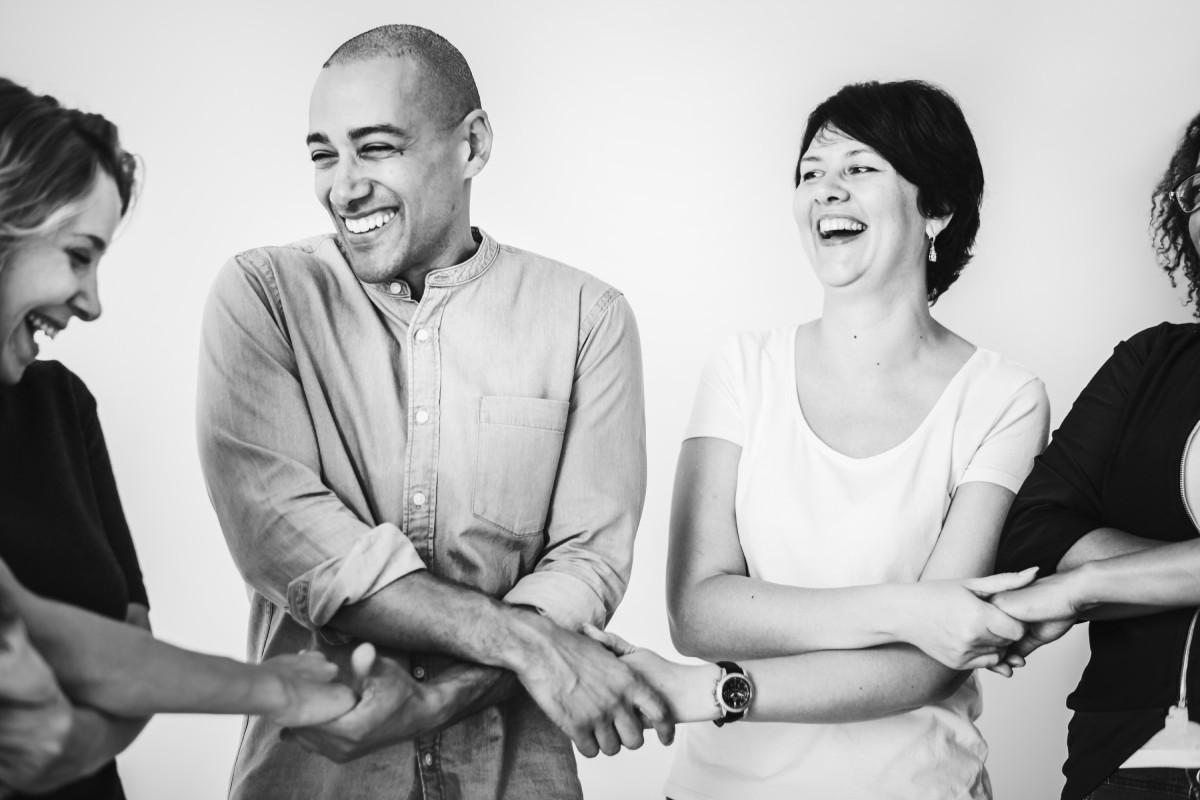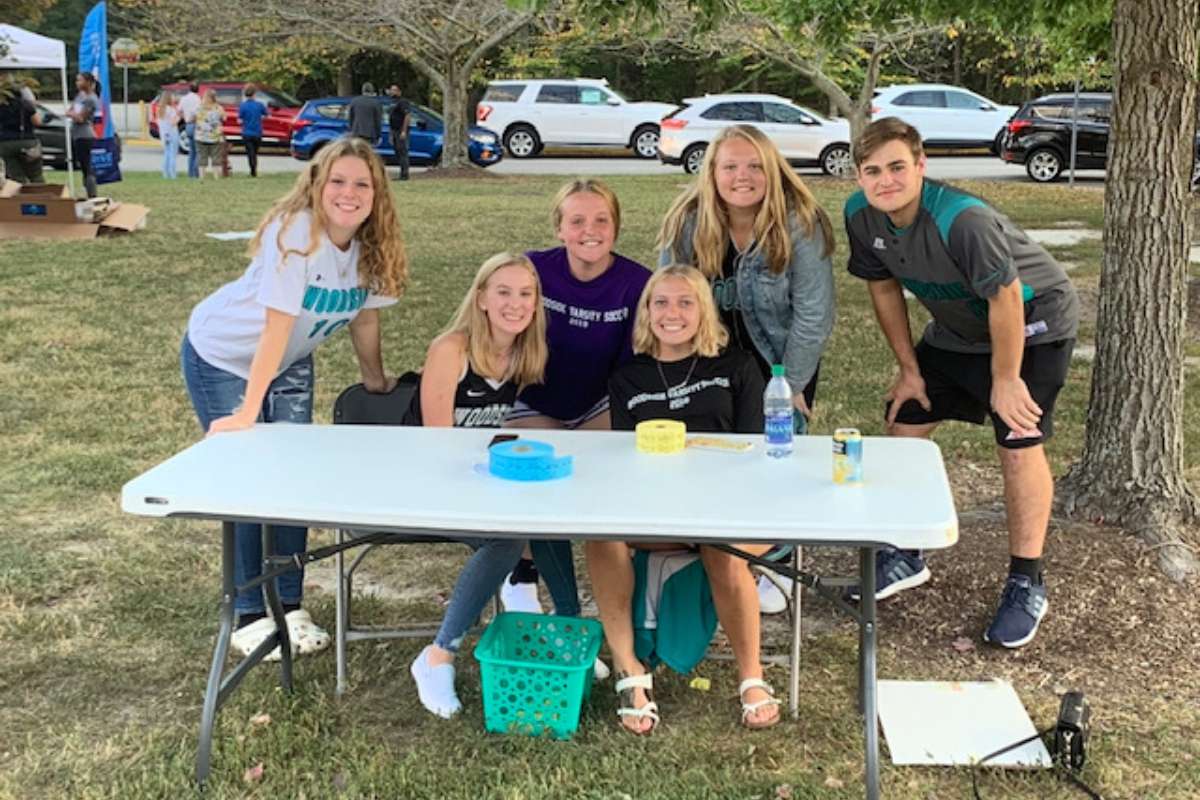How to Help Youngsters Learn to Improve Their Communities –Now!
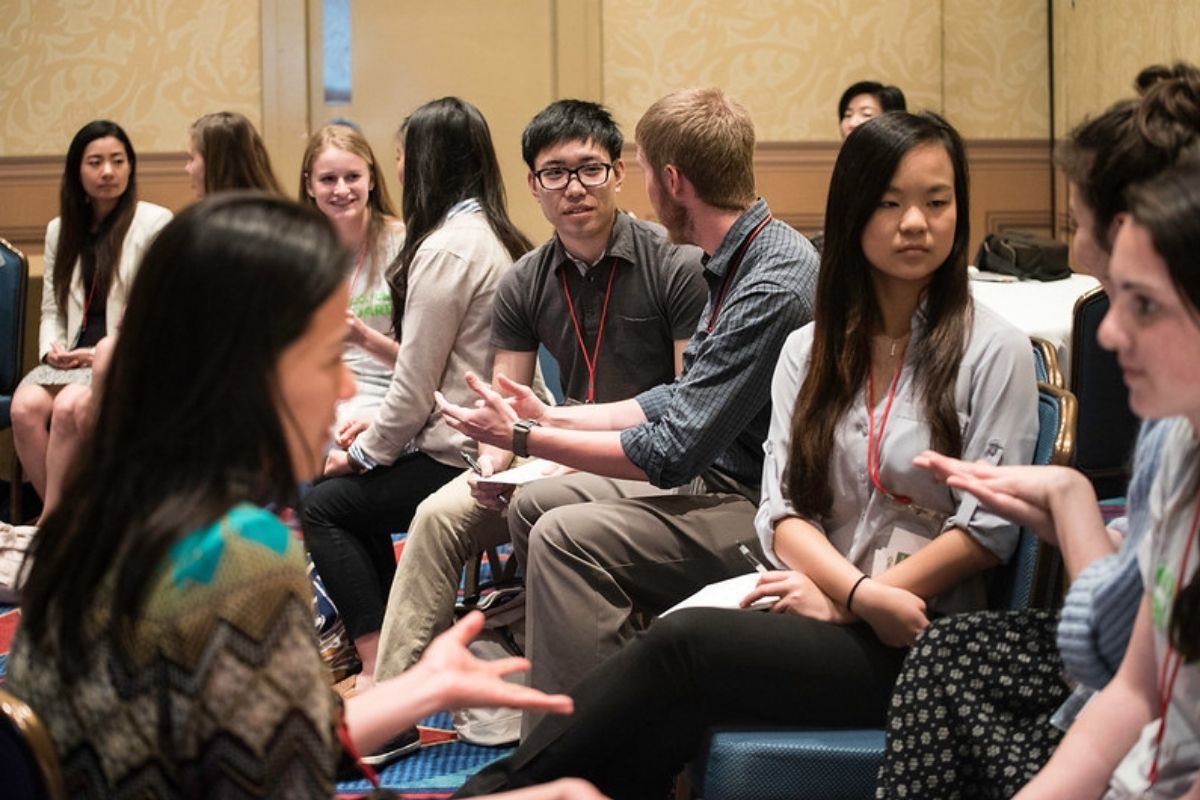
Educators can, and in some cases are, helping youngsters learn how they can help improve their communities, right now! This “asset based” approach builds on students’ insights, creativity, interests and passion. The “service-learning” approach has wonderful examples, some of which are cited below, applicable to youngsters grades K-12. It also has a huge research base to support it, summarized in a one page document provided below by a University of Minnesota professor and vice president. Finally, those who learn more can do so in an April 20-22 national conference. This meeting is available either via zoom or in person in St Paul, Minnesota.
Let’s start with a few examples, consistent with seven “best practices” in service learning.
- Students in a Minnesota 1st grade performed a play for Head Start students and senior citizens. As one six- year old explained to me, “I’ve been waiting to do this for two years – since I watched another play when I was in Head Start.” Another six-year old pointed out to me: “Doing this play encourages us to learn to read. Cause if we can read, we can get a bigger part in the play!”
- High school students in Mississippi have interview senior citizens and community leaders, and then turned the interviews into podcasts that are widely distributed. Their teacher, Thomas Easterling observes, “My experience teaching during the pandemic brought me to this conclusion: more than ever before, students need to understand that their voices matter, that the research they do has real-world implications, and that classroom experiences should strengthen their sense of community. A reporter pointed out, “Along the way, they aced new technical skills, polished their soft skills, uncovered hometown assets they never knew existed, and gained much human empathy.”
- Maine teacher Emanuel Pariser has helped developed a civics program called “YouthWork Make the Booth Work.” Students in this program not only study elections, they help run them. “We really don’t give teenagers enough responsibility in the civic life of our communities,” said Pariser, who also co-founded the Maine Academy of Natural Science in Hinckley. “Here’s a wonderful chance for everybody to see how competent and engaged teenagers can be in helping us to solve some of our most pressing problems.”
- Grades 7-12 students in Minnesota with whom I worked took on, and successfully resolved, more than 80% of consumer problems that adults referred to them as part of a class called “Protect Your Rights and Money.” In one case, for example, students helped a person who had been promised a radio for the car she purchased But she had not received it six months after purchasing it. After students became involved, the dealership did give the consumer her radio – in fact, an even better one than she purchased because of the delay. One of the participating students recently wrote, “ I learned how to work with people in Protect Your Rights and Money as a team… I wanted to peal the layers back when we approached problems. That class also taught me to be persistent – to keep going.”
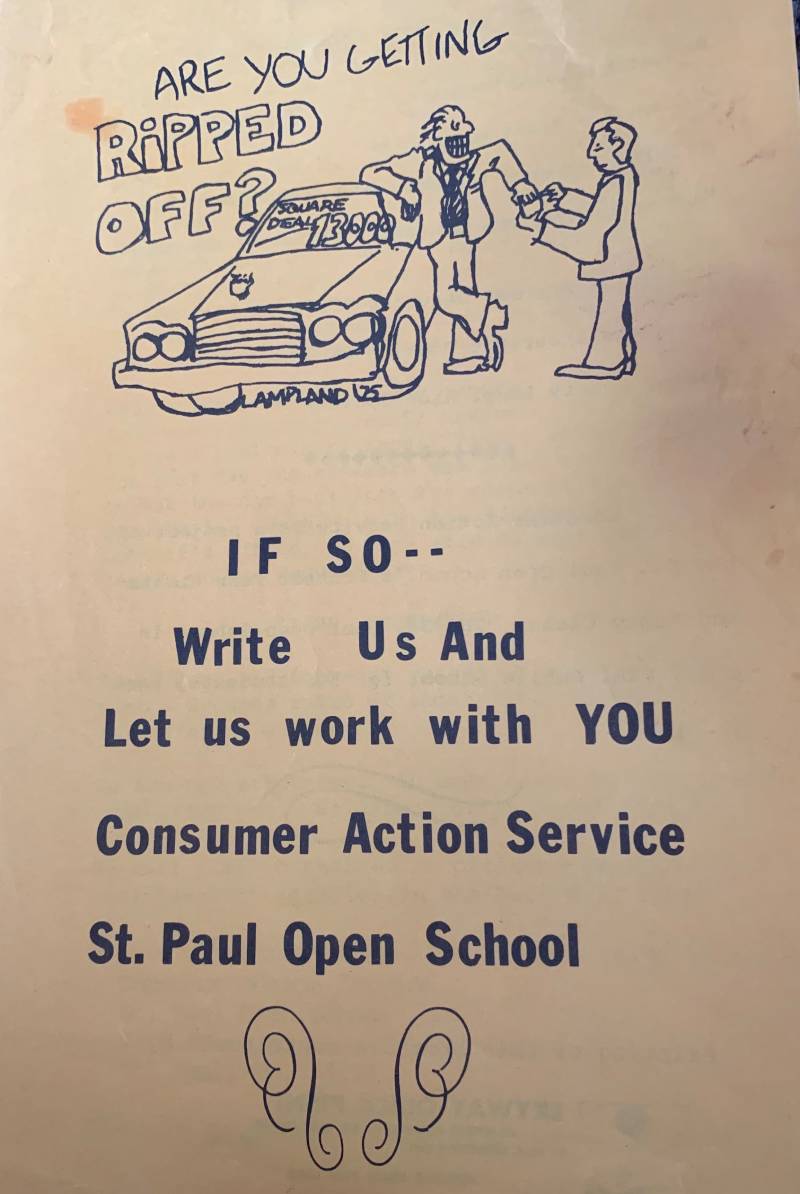
Many examples are found at the terrific What Kids Can Do website. Here’s a terrific one page summary of Service learning research. It was compiled by University of Minnesota professor Andrew Furco. He shows that well designed service-learning problems produce significant academic and attitude improvements. Furco’s a board member and advisor to the National Youth Leadership Council, which is hosting their 33rd national conference April 20-22 People can participate either in person, in St Paul, or virtually. Registration information here.
This article is available and can be accessed in Spanish here.

